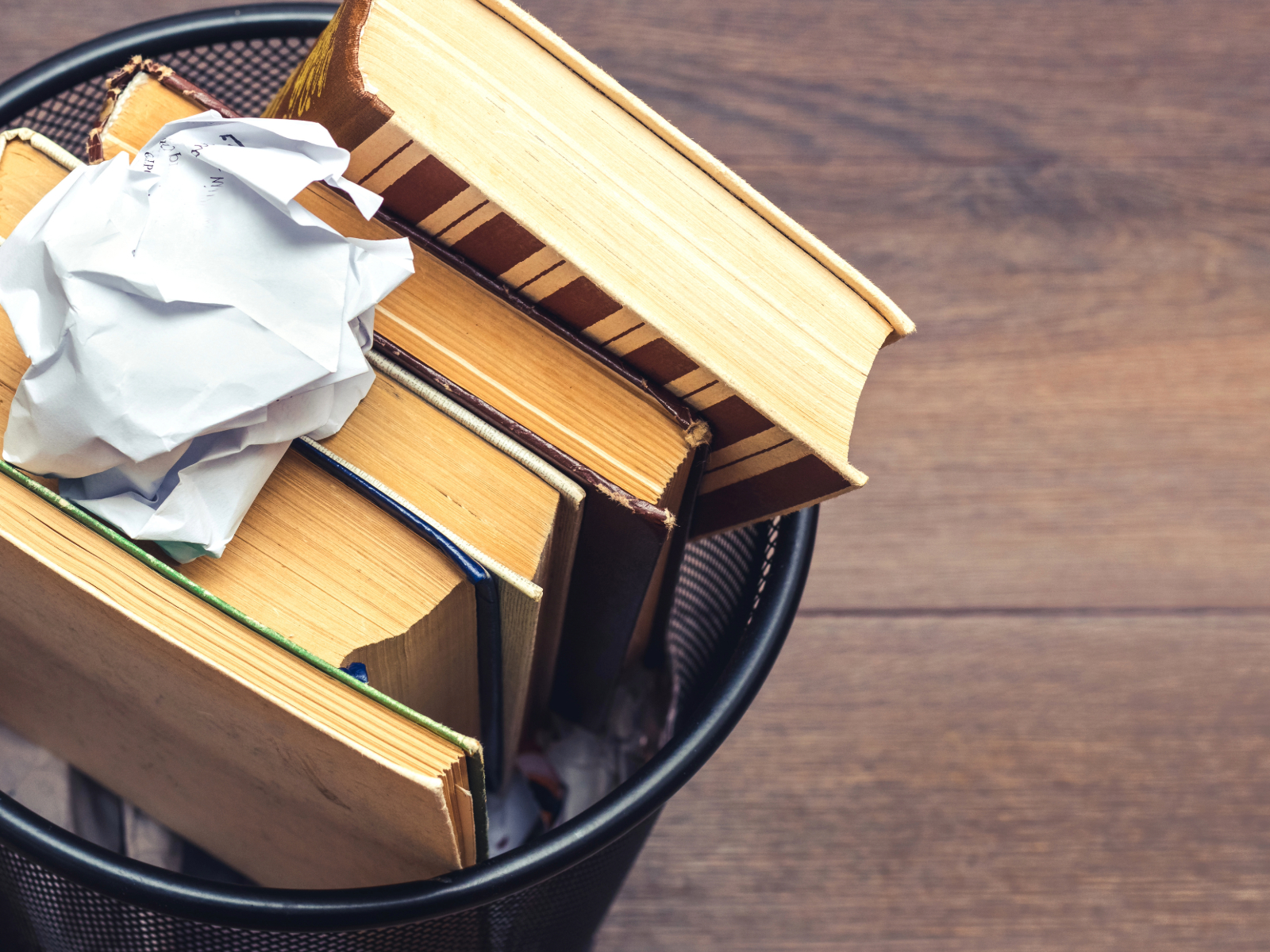Recycling is one of the most important things that everyday people can do to help lower their carbon footprint, limit landfill growth and protect the environment. The UK has a target to recycle 50% of its waste by the year 2020. It’s currently 2017, and we’re only recycling 44.3%. Growing by just 3.9% in the last 5 years means that, as a nation, we’re not on path to reach our target by 2020.
One of the reasons, we feel, that recycling rates are too low, is this: People don’t realise that it only takes 1 non-recyclable item to cause a whole bin of recyclables to go to landfill. A non-recyclable item in your recycling proves to the recycling authority that there’s a chance there are more non-recyclables in the lot and it’s simply cheaper to refuse it than to sort through it.
5 Everyday Things to Start Recycling
Recycling is a tricky game, there’s a whole plethora of things that seem like they SHOULD be recyclable but aren’t. We strongly recommend that you check with your local recycling authority for items that can’t be recycled, to familiarise yourself. However, here are 5 commonly recycled but not recyclable items that often find themselves in the recycling.
Takeaway Coffee Cups
This is a common one. Takeaway coffee cups are made of paper and so a lot of people assume that they too can be recycled. However, takeaway coffee cups are also treated with a special coating (often wax), so that they can contain your hot beverage. This makes the cup non-recyclable.
Part of the issue with coffee cups is that the protective sleeve that comes with it is often recyclable and even worse, clearly marked as recyclable. A lot of consumers don’t realise that only the cover can be put in the recycling bin, and throw the whole lot in.
Books
Similar to coffee cups, people assume that they’re paper so they must be recyclable. Unfortunately, a lot of books are bound together using some form of glue that means they can ruin the pulping process and cause a whole batch of potentially recycled paper to be wasted.
You’re much better off donating your old books (and anything bound) to your nearest charity shop, library or school.
Wrapping Paper
Wrapping paper is a difficult one. A lot of different kinds of wrapping paper are recycled, however, there’s a few types (quickly growing in popularity), that are not recyclable.
Wrapping paper that is foil, glittery, or even a bit shiny is not recyclable as it cannot be mulched and recycled paper would end up with glitter in it. It gets everywhere.
There’s another part of wrapping paper that is often over looked but can contaminate a whole batch of recycled paper, sticky tape.
Sticky Tape
The majority of recyclers will not accept anything with sticky tape on it as the plastic is not recyclable and can prevent paper from being thoroughly mulched.
It’s important to ensure that, when recycling paper or card, all plastic tape such as clear tape or brown is removed from the paper before being placed in the bin.
Tissue Paper/Kitchen Roll
It’s not often known, but you can’t recycle tissue paper either. A lot of tissue paper is made from already recycled paper. This, as mentioned above, means that it can’t be recycled again, the fibres are too short and will result in poor pulp in the recycling process.
Additionally, tissue paper is often used for, less than sanitary, means. This makes it extremely unpleasant for recycling sorters.
We thoroughly recommend that you double-check the recycling services in your local area (they change from borough to borough) and familiarise yourself with what you can and can’t recycle.
